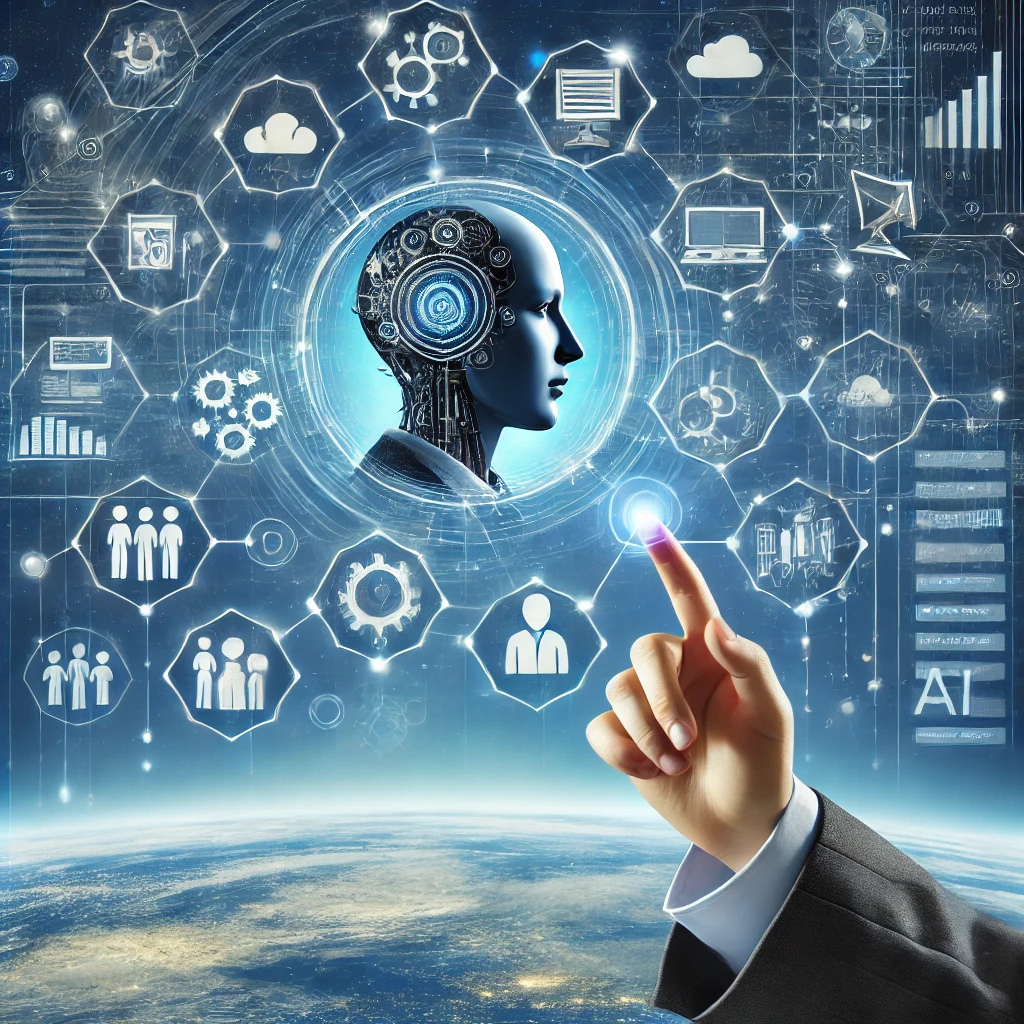



AI agents are transforming industries by executing complex, multi-step processes across different business functions. These intelligent systems are no longer confined to isolated tasks—they now operate seamlessly across departments, enhancing efficiency, improving collaboration, and driving data-driven decision-making.
The Power of Multi-Step AI Automation
AI agents can perform sequences of tasks that involve multiple stages of processing, analysis, and decision-making. These capabilities allow businesses to:
- Streamline workflows by automating repetitive and time-consuming tasks across teams.
- Enhance accuracy by reducing human error and improving data consistency.
- Improve efficiency by coordinating actions across different business units.
- Enable real-time decision-making by integrating data from various sources.
How AI Agents Execute Multi-Step Workflows
- Data Collection & Integration AI agents gather data from multiple sources, such as CRM systems, social media, and internal databases, ensuring that insights are comprehensive and up-to-date.
- Processing & Analysis Using machine learning and natural language processing (NLP), AI agents analyze structured and unstructured data, extracting meaningful insights and identifying patterns.
- Decision Making & Optimization AI-driven decision models evaluate different scenarios, recommend optimal actions, and even autonomously execute predefined workflows.
- Cross-Functional Execution AI agents coordinate actions across departments, ensuring seamless collaboration between marketing, sales, operations, and customer support.
- Continuous Feedback & Improvement By learning from user interactions and system feedback, AI agents refine their processes and become more efficient over time.
Cross-Functional AI Use Cases
1. Sales & Marketing Alignment
AI agents can analyze customer interactions, predict lead conversion probabilities, and automate personalized outreach campaigns. By integrating data from marketing and sales platforms, they ensure that sales teams receive high-quality, nurtured leads.
2. Automated Customer Support & Service Optimization
A single AI agent can handle customer inquiries, escalate issues to human representatives when necessary, and even analyze past interactions to improve future responses.
3. Supply Chain & Logistics Automation
AI agents optimize inventory management, predict demand fluctuations, and automate supplier communications, reducing inefficiencies and ensuring timely deliveries.
4. Financial Operations & Risk Management
By analyzing transaction patterns, AI agents detect fraud, automate invoice processing, and optimize cash flow management, reducing financial risks and improving compliance.
5. HR & Employee Experience Enhancement
AI-driven chatbots assist in recruitment, onboarding, and employee engagement, ensuring HR processes are efficient while improving workforce satisfaction.
The Future of Cross-Functional AI Agents
With the advancement of AI, businesses can expect:
- Greater interconnectivity between AI systems and enterprise applications.
- More autonomous decision-making with minimal human intervention.
- Enhanced adaptability as AI agents learn from real-time operational data.
Conclusion
Multi-step and cross-functional AI agents are redefining business operations by seamlessly integrating workflows across departments. Companies leveraging AI-driven automation will gain a competitive edge, improving efficiency, decision-making, and customer satisfaction.
Want to implement AI-driven cross-functional automation? Contact us to explore AI solutions tailored to your business needs!


